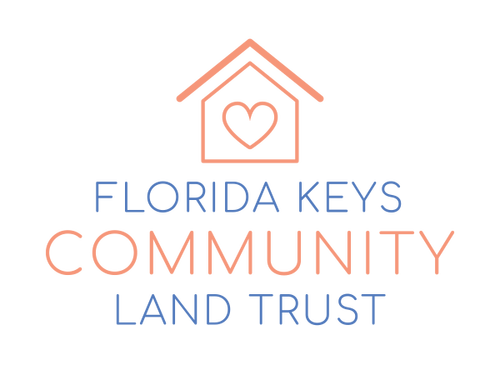Affordable Workforce Housing for the FLorida Keys
THE PROBLEM
Hurricane Irma magnified the affordable workforce housing problem Monroe County turning a shortage into a crisis.
THE SOLUTION
Through private funding, create new, safe, and affordable rental units for members of the Florida Key's civic and service sectors.
THE PLAN
Execute the vision with a team of national housing experts; fundraise and seek public/private partnerships to expand the vision.
New Units at Big Pine Key
Families recently moved into their new homes at our Seahorse and The Avenues developments in Big Pine Key. The 31 units feature two bedrooms and serve families working in the Keys. All units are built above anticipated future flooding levels and several offer elevators for those with physical disabilities. The waitlist exceeds 20 families and no new applications are being accepted at this time. When the list is re-opened, a notice will be posted on this site.
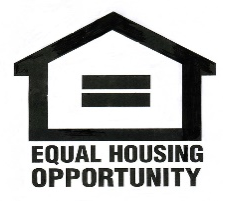
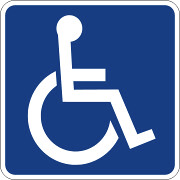
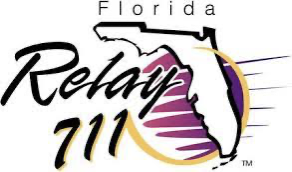
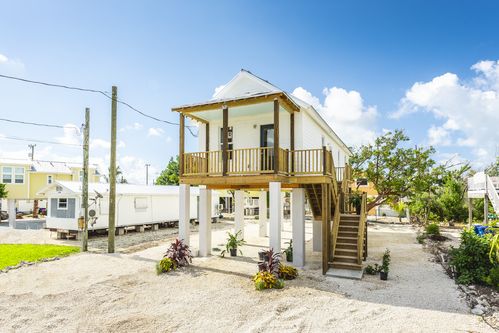
Background
On September 10, 2017, Hurricane Irma tore through the Lower Keys, the heart of working-class housing in the Florida Keys. Thousands of homes were gone with the wind. For decades, even prior to Hurricane Irma, there was a scarcity of affordable housing in The Keys due very simply to limited supply and high demand. That situation was intensified by the storm.
The hardest hit areas were those in the very neighborhoods where service and hourly workers could afford to live. The majority of those displaced are teachers, police officers, servers, cashiers, firefighters, ambulance drivers, hourly workers and the like – the very people who make the Keys what it is. They have lost their friends, their jobs, their homes and their dreams. Some have found alternative housing arrangements by doubling up with others, or in hotels or with FEMA assistance, but the costs of rebuilding are so astronomical, many are doing what they can just to hold on until the end of the season and then, if necessary, relocate.
In Monroe County, where the Florida Keys Community Land Trust will begin its work, only 1,970 more building permits are available between 2018 and 2023 approximately 700 will be designated for affordable housing and the remaining 1,270 will be market rate.
- Over 7% of the housing stock was destroyed.
- More than 1,800 homes destroyed with nearly 3,000 sustaining major damage.
- Existing rental homes will have to be re-built, but at much higher costs, hurling already unsustainable rents upward.
The hardest hit areas were those in the very neighborhoods where service and hourly workers could afford to live. The majority of those displaced are teachers, police officers, servers, cashiers, firefighters, ambulance drivers, hourly workers and the like – the very people who make the Keys what it is. They have lost their friends, their jobs, their homes and their dreams. Some have found alternative housing arrangements by doubling up with others, or in hotels or with FEMA assistance, but the costs of rebuilding are so astronomical, many are doing what they can just to hold on until the end of the season and then, if necessary, relocate.
In Monroe County, where the Florida Keys Community Land Trust will begin its work, only 1,970 more building permits are available between 2018 and 2023 approximately 700 will be designated for affordable housing and the remaining 1,270 will be market rate.
As a quick reference, download our one pager.
View Presentation on Affordable Workforce Housing for the Florida Keys.
A COPY OF THE OFFICIAL REGISTRATION AND FINANCIAL INFORMATION MAY BE OBTAINED FROM THE DIVISION OF CONSUMER SERVICES BY CALLING TOLL-FREE WITHIN THE STATE. REGISTRATION DOES NOT IMPLY ENDORSEMENT, APPROVAL, OR RECOMMENDATION BY THE STATE. FDACS's toll-free number is 1-800-HELP-FLA (435-7352) and the website to obtain registration information is: https://csapp.800helpfla.com/CSPublicApp/CheckACharity/CheckACharity.aspx
Fair Housing Statement
Florida Keys Community Land Trust is committed to compliance with all federal, state, and local fair housing laws. They will not discriminate against any person because of race, color, religion, national origin, sex, familial status, disability, or any other specific classes protected by applicable laws. They will allow any reasonable accommodation or reasonable modification based upon a disability-related need. The person requesting any reasonable modification may be responsible for the related expenses.
